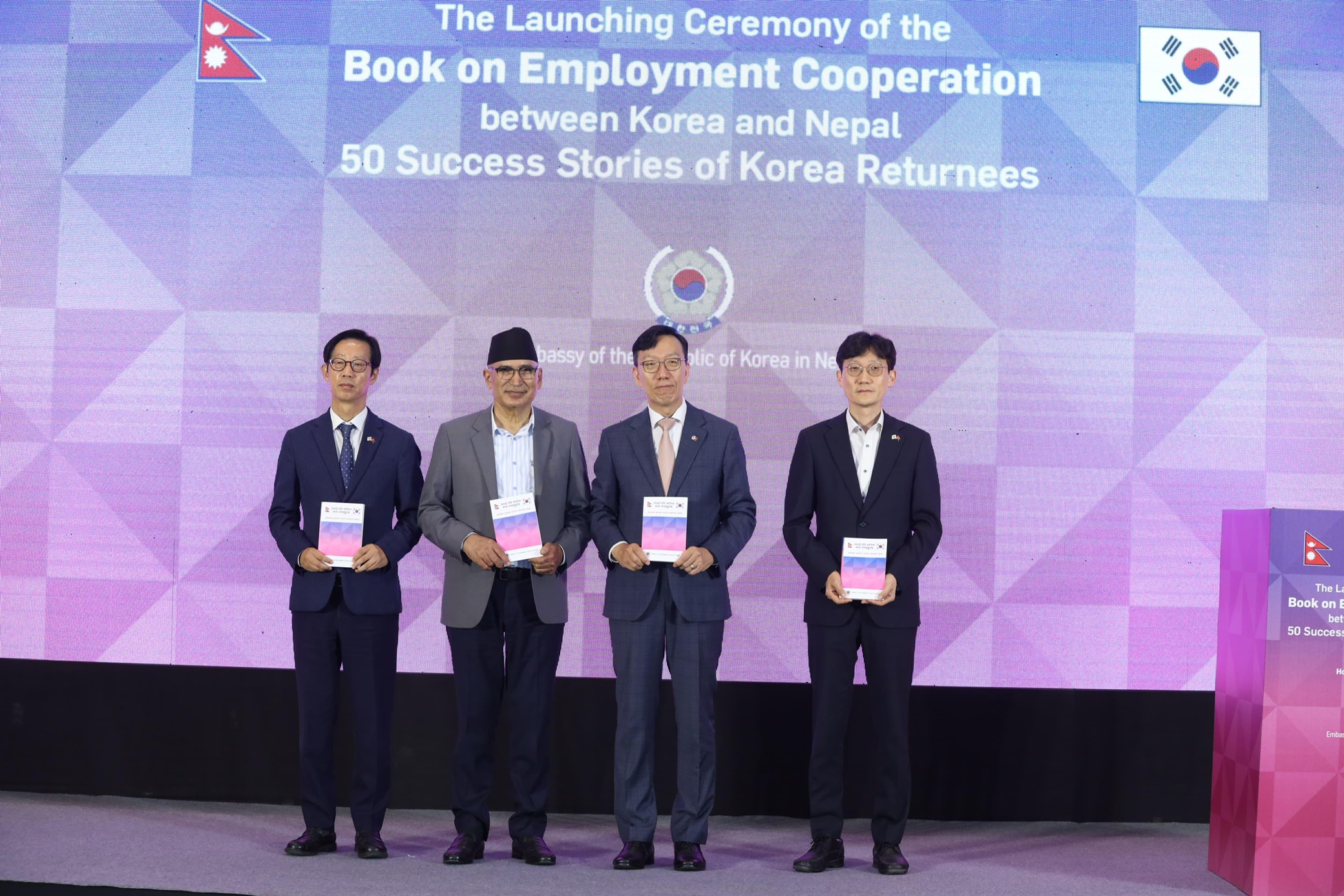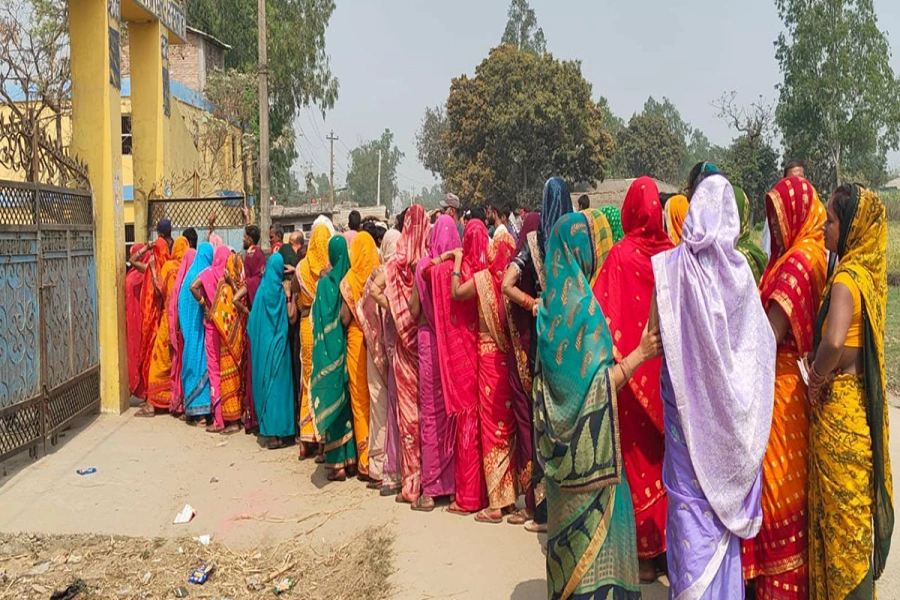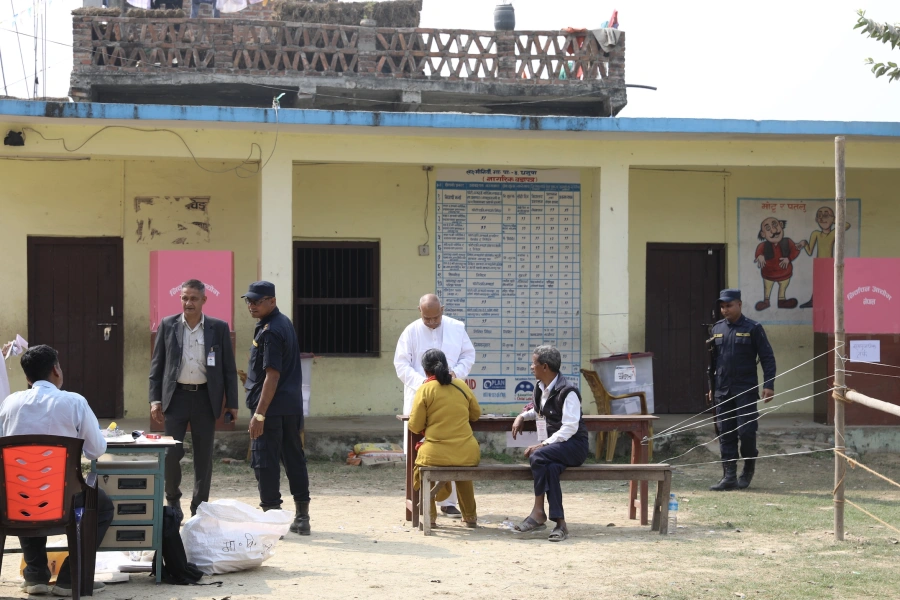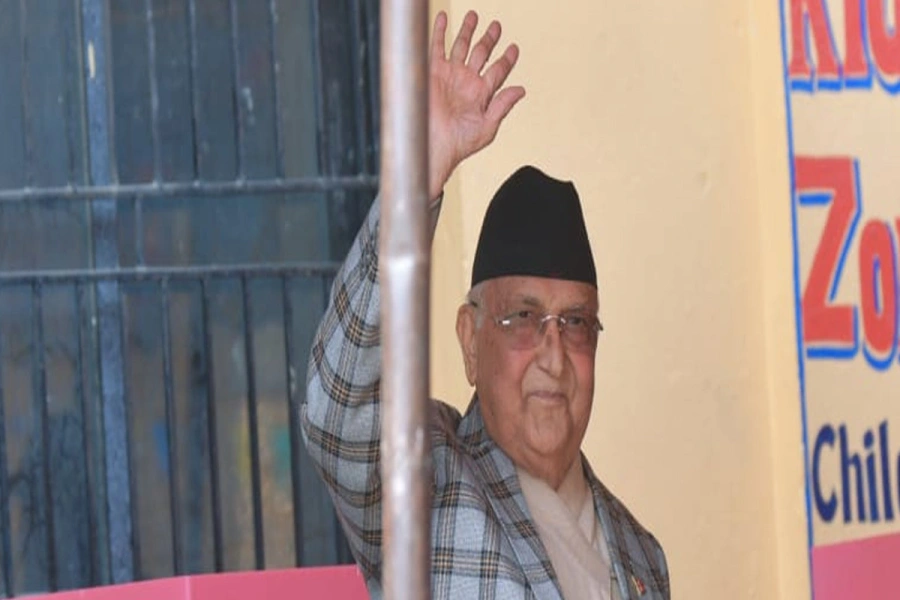KATHMANDU, June 17: The Embassy of the Republic of Korea in Kathmandu organized a book launch event on Tuesday to unveil the second edition of Tapai Pani Malik Banna Saknuhuncha (You Can Also Be the Boss)—a Nepali-language publication written by Shiva Prasad Pokharel. The book captures inspiring stories of Nepali migrant workers who returned from South Korea and became successful entrepreneurs.
The book features 50 success stories of Nepali returnees who worked in South Korea under the Employment Permit System (EPS). These individuals have ventured into various sectors, including manufacturing (20), agriculture (16), services (9), and education (5), demonstrating the broad impact of the skills and experiences they gained abroad.
As the chief guest of the event, Deputy Prime Minister and Finance Minister Bishnu Prasad Poudel, along with Korean Ambassador to Nepal Park Tae-Young and senior officials from Korea, formally launched the book. A large number of media personnel and returnee entrepreneurs were also in attendance.
Hamro Kitab: For the book-loving society

Addressing the event, Ambassador Park described the book as more than just a collection of personal narratives. “It is a living record of the transformative power of the EPS—a bilateral employment initiative that has changed lives,” he said.
“This second edition features 50 stories—nearly double last year’s collection of 26—and shows how returnees have become drivers of progress in Nepal through their hard work, determination, and dreams,” he added.
Ambassador Park emphasized that these returnees are role models and proof that temporary labor migration, when managed effectively and respectfully, can produce long-term benefits for both sending and receiving countries. “Each story is a testament to the courage it takes to migrate and the vision it takes to return and build a future back home,” he noted.
Since 2007, more than 100,000 Nepalis have worked in Korea under the EPS, enjoying equal treatment with Korean workers. Ambassador Park noted that the EPS has evolved into a meaningful human development partnership, enabling Nepali youth to gain income, skills, and dignity—while contributing to their home communities upon return.
To support this reintegration process, the Korean government, through KOICA, is implementing the “K-Hami” project. This initiative provides support throughout all stages of migration—from pre-departure to post-return—including entrepreneurship training, mentoring, and access to business development tools.
Ambassador Park also highlighted Nepal’s young demographic profile and stressed the importance of investing in youth potential. “By supporting their entrepreneurial journey, we are not just empowering individuals—we are building the foundation of Nepal’s economic growth and resilience,” he said.
Last year marked the 50th anniversary of diplomatic ties between Nepal and Korea. Ambassador Park stated that this publication marks the beginning of a new chapter in bilateral cooperation. “This book is a timely and symbolic celebration of how our partnership has evolved—from people-to-people exchanges to development cooperation that changes lives,” he added.




-69a940c05c766-1772700256.webp)
































